The Intelligent Gambler: 10% x 1,000 > 90% x 100
The Art of War & Politics in Markets: Distilling Risk out of Leverage
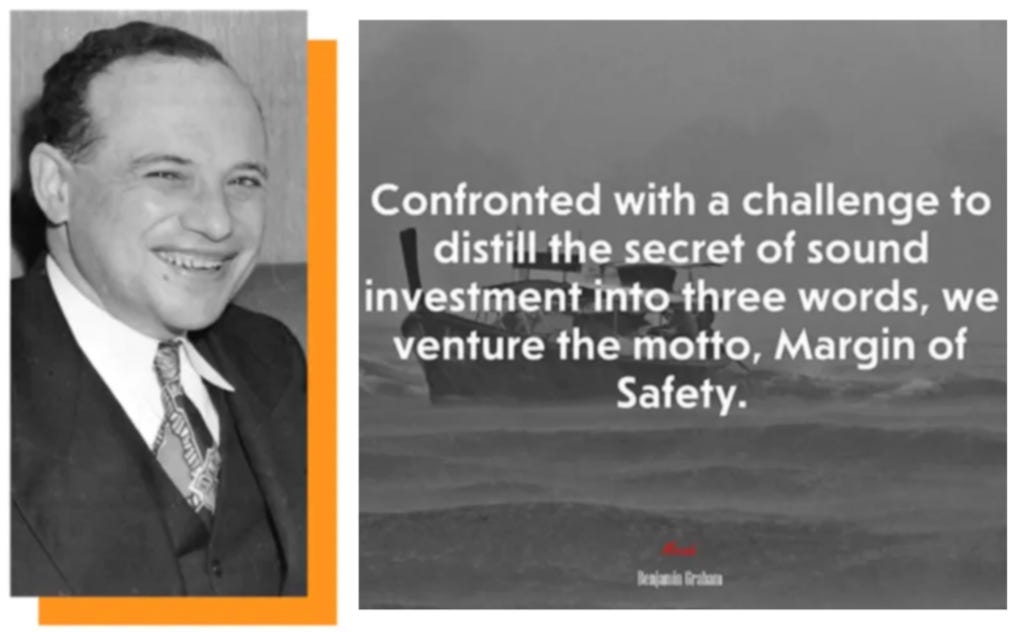
The three quotes above by the founders of value investing — Benjamin Graham and Warren Buffett — suggest that the protection of investment principal is paramount. This serves as the unyielding bastion of value investing — the principle of capital preservation.
So, how do we reconcile that with the title of this article — The Intelligent Gambler? And why do I call such an investment methodology ‘The Intelligent Investor on Steroids’?
As many value investors can identify with, it is difficult to square Buffett’s Rule No. 1 of “Never Losing Money” with the promise of value investing, “generate excess returns over the long-term”. This is what The Intelligent Gambler seeks to reconcile — enjoining capital preservation with risk:reward asymmetry in order to generate excess returns, even in efficient markets.
It’s also a framework which sheds extra light on Buffett’s following quote:
“The most important quality for an investor is temperament, not intellect. You need a temperament that neither derives great pleasure from being with the crowd or against the crowd.”
As its namesake implies, The Intelligent Gambler has to be okay with jumping into risk/danger; but also be very calculative in doing so. In other words, he is a calculated risk-taker. Those are two oxymoronic traits — one leaning conservative & measured, the other leaning aggressive & instinctive — quite a rare combination to be found in the same person.
But those who are wired differently and have a steady hand amidst risk/danger can enjoy the fruits of market outperformance. Michael Burry’s recent outsized positions in Chinese stocks demonstrates this — his appetite for managing outsized levels of Uncertainty is admirable, a trait which was most certainly also present during his subprime mortgage trade in 2008.
Also, notice how such an investment process couldn’t be any more different from the status quo, i.e. forecasting target prices accurately? Doing so implies reaching for absolute certainty; whereas in contrast, The Intelligent Gambler deliberately entertains massive uncertainty, only seeking to control risk once beyond the statistical pale.
The ‘gambler’ part alludes to the necessity of considering success from the lens of uncertainty (bottom-up) rather than achieving outcomes (top-down); whereas the ‘intelligent’ part requires the individual to be very deliberate about risk-taking, rather than throwing caution to the wind. In this article, we shall unpack his secrets and understand how adopting an Intelligent Gambler framework can help you generate excess returns — amidst and despite efficient markets.
“In other words, human nature is so strongly wired to prioritize emotion over logic that we would rather entertain emotional certainty over logical uncertainty. If so, then the vector of excess returns lies not in the domain of higher logic as suggested by the status quo, but in higher emotion.”
Creating 10x Leverage by Gambling with Uncertainty
One concept that you will often come across in political commentary is “gambling”. For instance, Macron’s gamble by announcing the French snap elections, or the Democrat party’s gamble to replace Biden with Kamala Harris.
The premise here is that once a particular subject matter reaches ultra-massive scale (e.g. macroeconomics, policymaking, geopolitics), it becomes impossible to sufficiently control for all possible factors. This is especially so once you add in the human element (e.g. how your opponent will react) which introduces butterfly effects into the equation.
Such excessive levels of uncertainty makes trying to chart a direct path to success an exercise in futility (e.g. forecasting share prices). As such, the business world recommends “just do(ing) it” — i.e. turning a blind eye to risk and simply charging ahead recklessly as a means of overcoming obstacles. However, the status quo in the fields of markets, politics and war is somewhat different — they recommend the application of asymmetric risk:reward to controlling risk amidst excess levels of uncertainty.
An asymmetric risk:reward strategy suggests taking a very measured and calculated approach to risk control, in order to manage outsized levels of uncertainty. This is fundamentally a bottom-up approach which recognizes the futility of goal-setting amidst excess uncertainty — which stands in stark contrast to the top-down status quo of forecasting share prices. The fulcrum of such a strategy lies in the “gamble” — where outcomes are uncertain (hence the gamble), but one optimizes the distribution of possibilities on a best-effort basis from a statistical standpoint.
By rolling the dice intelligently, The Intelligent Gambler creates leverage in potential outcomes — by adding to his moveset outcomes which were not previously available to him. This widens the aperture of possible outcomes beyond what is afforded by the status quo, at the expense of greater risk. And by capturing a smaller potential of that wider aperture, he is capable of creating better absolute outcomes — i.e. 10% x 1,000 > 90% x 100.
Of course, this can only be done at the expense of significantly greater risk, since The Intelligent Gambler is now entertaining a much greater realm of possible outcomes, many of which are beyond his control. Hence, it is the mastery of risk control (rather than profit maximization) which allows him to participate in excess opportunities previously unafforded to him — without getting sideswiped by a bus in the process.
Let us use Macron’s Gamble to illustrate the phenomenon of The Intelligent Gamble in politics. Prior to the snap elections, his Centrist party had been stunned by the EU elections, which had seen a resurgence by the far-right. By calling for a snap election, he entertained two gambles:
The 1st gamble was to capitalize on the recent shock of the far-right’s surge, hoping that it would result in a higher voter turnout. This would offset the more organized turnout that fringe parties typically sport, e.g. Marine Le Pen’s National Rally or the NRA wing of the US Republicans.
The 2nd gamble was that the two-round French elections (in contrast to the one-round EU elections) would favor the less bad candidate rather than the better fringe candidate. This would favor the larger & more vanilla Center/Left coalition over Le Pen’s smaller and more fringe far-right.
With the benefit of hindsight, we now know how his gamble played out. Macron’s plan to keep the far-right out of power played out according to plan; even if it ended up with his own party taking a backseat to the newly resurgent Left.
This example illustrates the phenomenon of Leverage in Gambling. By embracing rather than shirking uncertainty in potential outcomes, the gambler positions himself with greater leverage via exposure to a higher number of possible outcomes — more specifically, including those beyond his control. At the same time, he approaches the incremental risk with great respect rather than throwing caution to the wind, and applies expert risk control to maximize his chances of positive outcomes.
The sum of this creates an enormously potent cocktail of differentiation, which exposes The Intelligent Gambler to a significantly larger universe of potential outcomes — allowing him to generate excess returns with sufficient risk control. This is what I mean by 10% x 1,000 > 90% x 100 — if you have 10x greater potential, you can outperform even with 10x lesser efficiency.
Of course, doing so is not a free lunch, as leverage by definition involves greater risk. Hence, it is not the “gamble” per se but the mastery of risk control that generates excess returns. Simply gambling would amount to a “just do it” approach — something which may work in business, but certainly not in markets. Or politics. Or war.
The Art of the Intelligent Gamble = Asymmetric Risk:Reward
A similar “gamble” phenomenon exists in markets as well. Market prices tend to involve an infinite number of determinants owing to macro factors, making it practically impossible to accurately forecast share price trajectory. And since investors hate uncertainty with a passion, they tend to crowd into trades with highly certain outcomes.
Such hyper-competitive arbitrage behavior in efficient markets naturally leads to rising valuations in stocks exhibiting lower uncertainty, and vice versa. Entertaining the latter provides opportunity for gain — since where there’s risk there’s reward, and where there’s reward there’s also risk.
Now, the Intelligent Gambler cannot predict future outcomes better than anyone else. What he can do better than others, however, is make more intelligent gambles — this creates new opportunities without an excessive increase in risk. For instance, he might be willing to take on risky positions despite their heightened uncertainty — but only where the odds represent an excessive level of good sense. This exposes him to the possibility of excess upside as compared to others who merely stick to absolute certainty, without the excessive downside.
The competitive differentiation of doing this lies in how most people abhor putting themselves in such a position — uncertainty involves danger. They would rather snuggle in the warm embrace of certainty (e.g. safety in numbers) despite rising valuations that all but guarantee loss. In other words, human nature is so strongly wired to prioritize emotion over logic that we would rather entertain emotional certainty over logical uncertainty.
If so, then the vector of excess returns lies not in the domain of higher logic as suggested by the status quo, but in higher emotion. Specifically, The Intelligent Gambler has the capacity to override his own faulty intuition after repeated validation that his estimations are correct. Thus, by diving into high levels of uncertainty where others are unwilling, he gives himself the opportunity to participate in excess returns. This is ultimately what I think Buffett meant by his aforementioned quote:
“The most important quality for an investor is temperament, not intellect. You need a temperament that neither derives great pleasure from being with the crowd or against the crowd.”
Let us use Meta in Nov 2022 as an example to illustrate what the description above looks like in a stock market context.
At the time, Zuckerberg had just doubled down on the Metaverse following its botched release — while simultaneously entertaining a two-front war against Apple’s ATT and Tiktok. Stock investors responded by violently fleeing Meta, concerned that a madman with absolute voting control would teleport their capital into oblivion.
Yet as my article explored at the time, a closer look into Meta’s stable of businesses reveals a much gentler outlook than consensus expectations:
Given its global scale, there was no true alternative to replacing Facebook. Fears of attention spans waning might have impacted growth, but not cash flow.
Even then, Instagram’s Reels was in no danger from being rendered utterly irrelevant by Tiktok, since India had banned the latter.
Whatsapp had yet to be monetized in a scalable manner.
The entire company was valued at 8x trailing PE. Even accounting for future Metaverse CAPEX of $100B, their normalized PE would only rise to 12x.
In a worst-case liquidation scenario, the company could likely sell its global database as an advertising concern for at least 12x PE — if not much more.
This is what I mean by only taking risk after repeated validation of estimates. At some point, the opposite of hubris becomes true — undeniable and recurring evidence that valuations have become detached from fundamentals, despite herd mentality implying otherwise. At this point, logic would dictate that Meta’s valuation was significantly mispriced and consensus fears had been overblown, given the distribution of possible future outcomes.
However, if the facts above could’ve been easily observed, why did most investors flee Meta instead? The reason was simple — there remained too much uncertainty. Even if logic told them that all of the above was true, Meta’s persistently cratering share price would be ringing warning bells like crazy — “what else could I be missing”? And it’s precisely that lack of certainty which causes people to lose their nerve — the same visceral gut punch from having a lion charge straight at you.
Now, The Intelligent Gambler is not immune to this either as he is every bit as human as anyone else. However, here is where he differs — rather than requiring certainty, he entertains gambles when the facts on the ground supports taking them. In doing so, he is able to override his intuition and observe logic when it’s needed most.
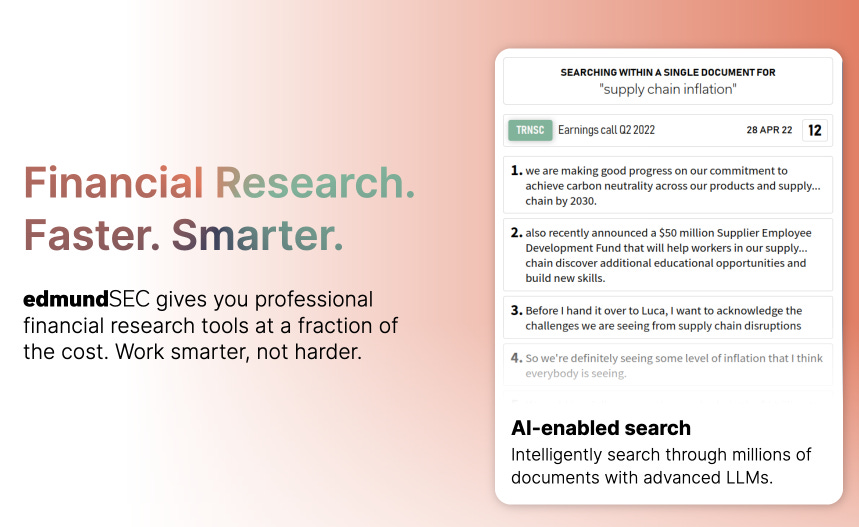
What Buffett Really Meant
This is what Buffett means by “Rule No. 1: Never Lose Money”.
It doesn’t mean to play it safe — on the contrary, it means to deliberately step into the unknown as a necessary condition for generating excess returns in efficient markets. But once there, one needs to have a very disciplined risk budget in recognition of the outsized levels of risk in doing so.
This combination of Gambling with Uncertainty + Margin of Safety is what it means to be an Intelligent Gambler.
It’s worth repeating here that describing it as a “gamble” doesn’t imply recklessness. Rather, it is called a “gamble” simply because there are too many factors outside of the investor’s control — and he has no choice but to accept excessive levels of uncertainty in order to generate excess returns in efficient markets.
However, those excess levels of uncertainty are tempered by taking a very measured approach — and having a healthy respect for risk, rather than a lack of it. This is the opposite of reckless abandon.
Like Macron above, The Intelligent Gambler recognizes the futility of trying to generate excess returns by merely sticking to the status quo — hence he takes risk because he has to, but only when the odds make extremely good sense. This is about the furthest thing possible from throwing caution to the wind; it’s more akin to becoming a master of threading the needle.
If you really know what you’re doing, you can come out ahead by taking far more conservative stances on positions involving much higher uncertainty than others who take a riskier stance on more predictable positions. And in doing so, The Intelligent Gambler entertains greater returns. To illustrate it in numerical terms:
10% x 1,000 > 90% x 100.
Check out my previous articles about Value Investing:
Unpopular Opinion: Diversified Portfolio > Concentrated Portfolio
Value Investors = Business Owners. Here's The Irrefutable Proof.
How I Became 100% Convinced that Value Investing Was Superior
Disclaimer: This document does not in any way constitute an offer or solicitation of an offer to buy or sell any investment, security, or commodity discussed herein or of any of the authors. To the best of the authors’ abilities and beliefs, all information contained herein is accurate and reliable. The authors may hold or be short any shares or derivative positions in any company discussed in this document at any time, and may benefit from any change in the valuation of any other companies, securities, or commodities discussed in this document. The content of this document is not intended to constitute individual investment advice, and are merely the personal views of the author which may be subject to change without notice. This is not a recommendation to buy or sell stocks, and readers are advised to consult with their financial advisor before taking any action pertaining to the contents of this document. The information contained in this document may include, or incorporate by reference, forward-looking statements, which would include any statements that are not statements of historical fact. Any or all forward-looking assumptions, expectations, projections, intentions or beliefs about future events may turn out to be wrong. These forward-looking statements can be affected by inaccurate assumptions or by known or unknown risks, uncertainties and other factors, most of which are beyond the authors’ control. Investors should conduct independent due diligence, with assistance from professional financial, legal and tax experts, on all securities, companies, and commodities discussed in this document and develop a stand-alone judgment of the relevant markets prior to making any investment decision.



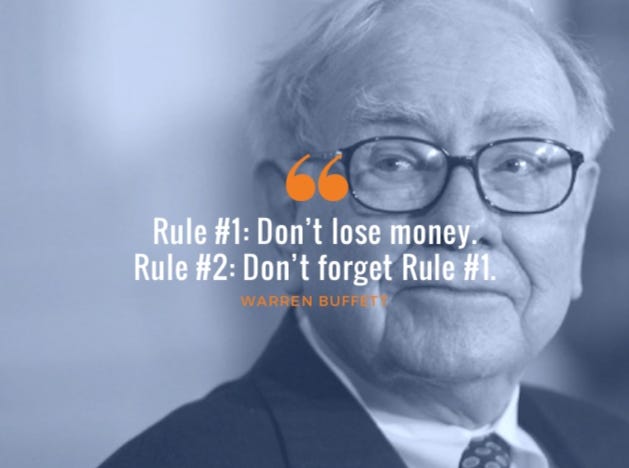


![Exploring images in the style of selected image: [RNG God Rolling Dice] | PixAI Exploring images in the style of selected image: [RNG God Rolling Dice] | PixAI](https://substackcdn.com/image/fetch/w_1456,c_limit,f_auto,q_auto:good,fl_progressive:steep/https%3A%2F%2Fsubstack-post-media.s3.amazonaws.com%2Fpublic%2Fimages%2F8c6f4c4e-7c9b-4bff-bf17-14b4235ed645_1024x1024.webp)
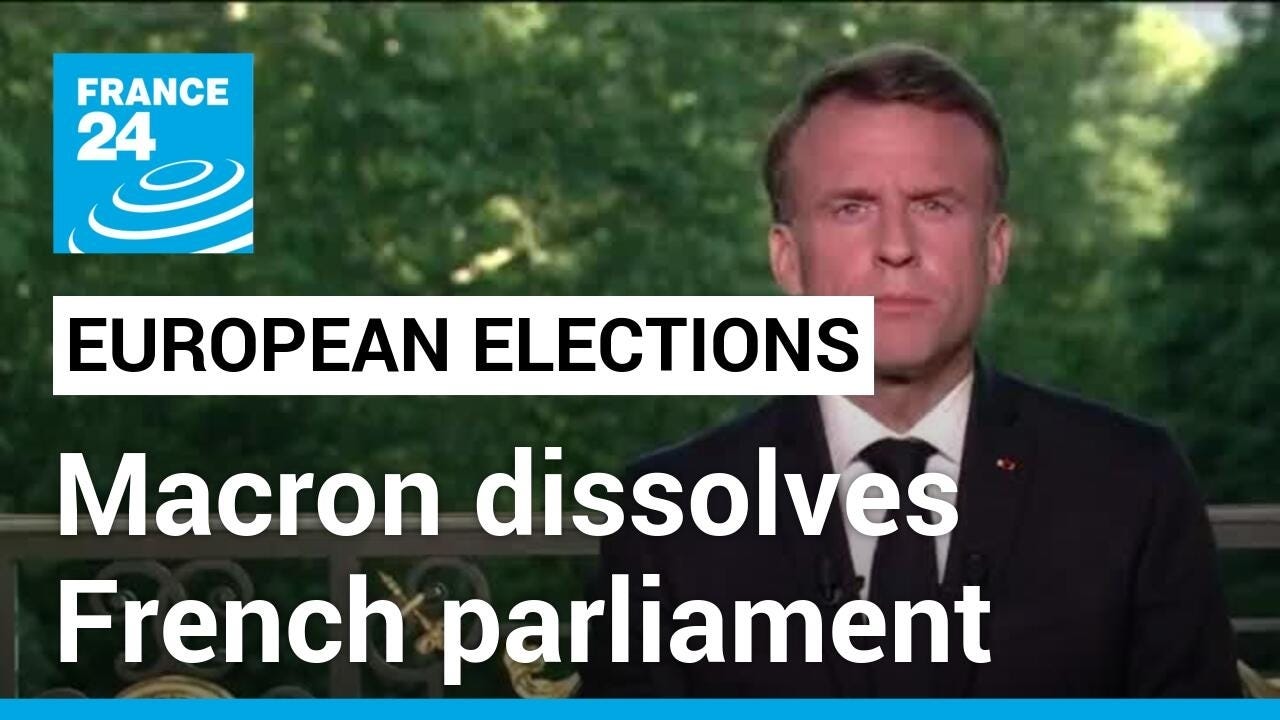
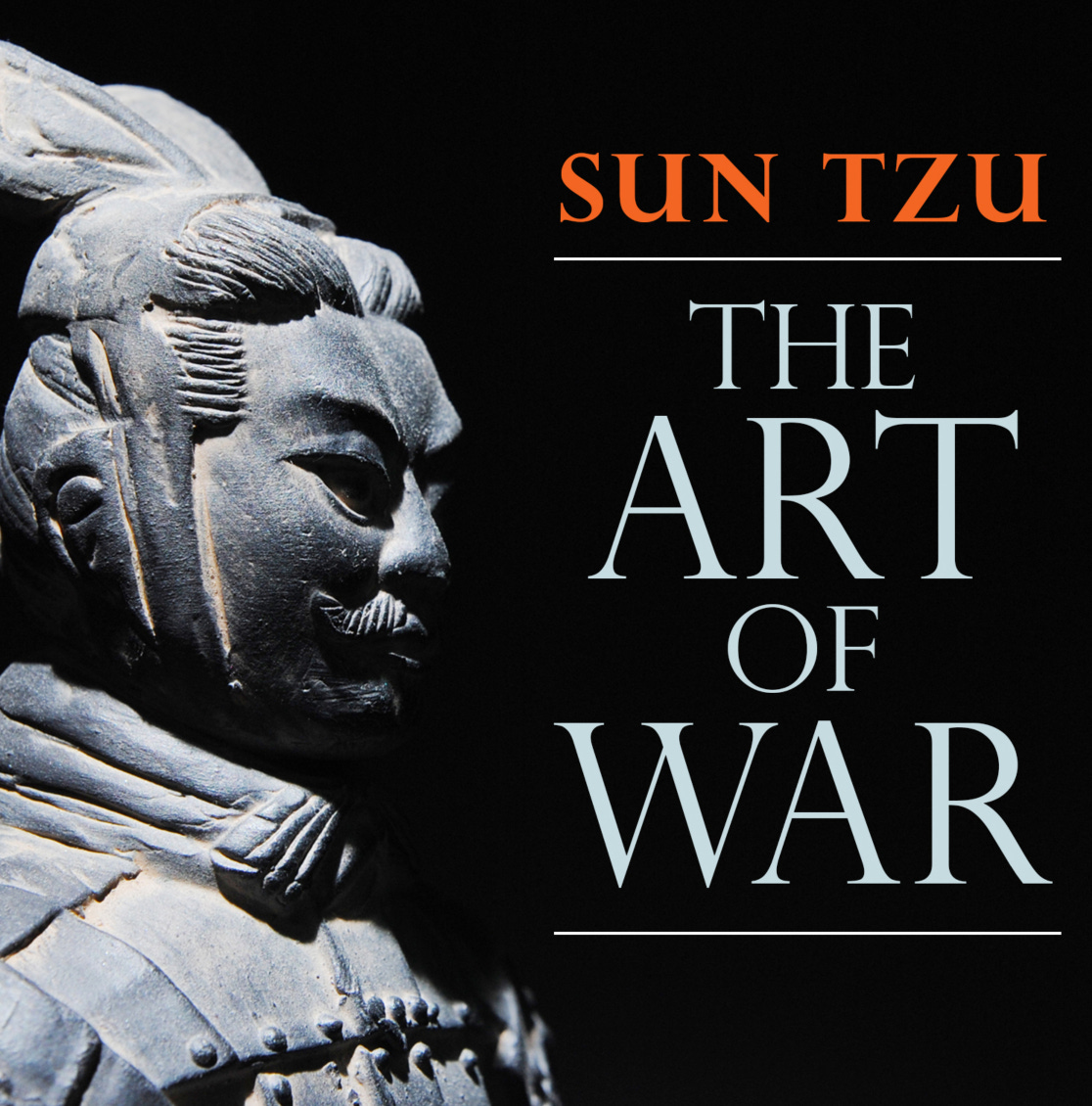

Excellent post Aaron.
Language is really interesting here. I've come to define gambling as putting money behind something where you don't have a real idea as to what the outcome will be, but it's not in your favor at all, so you do it anyway.
Sometimes I do this deliberately, just to break the spell and remind myself that more risk is necessary. Other times, I'll do it to learn about the process, but generally, gambling means you're going to lose (on average) more than you're going to win, and it's not an intelligent proposition in terms of risk/reward by definition.
With all that said, gambling is a good thing every now and then.